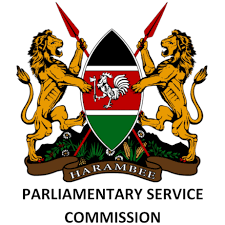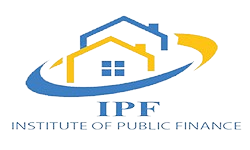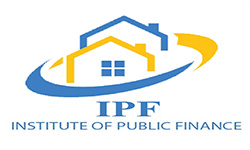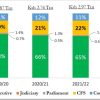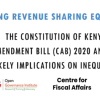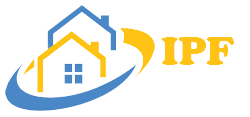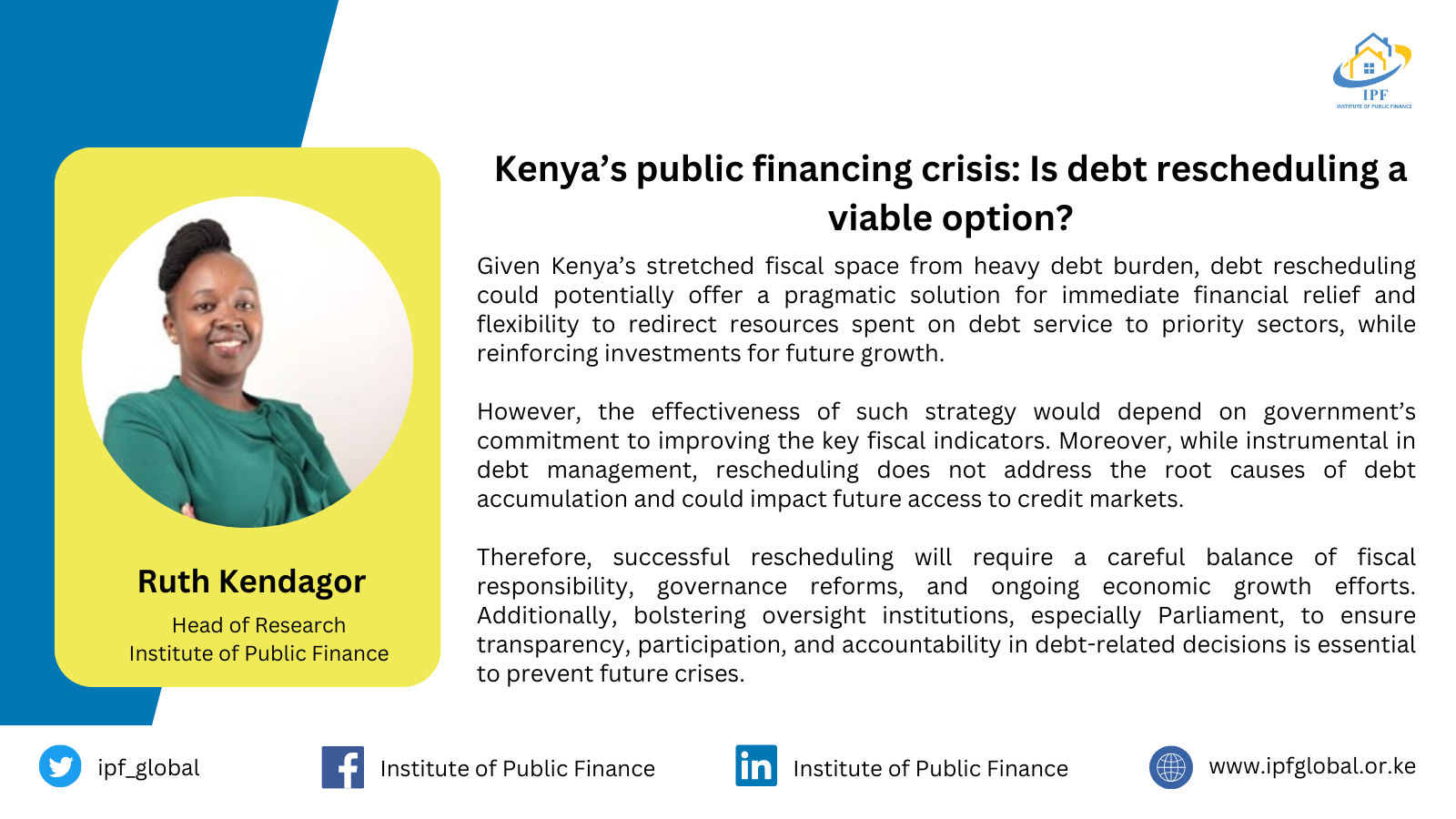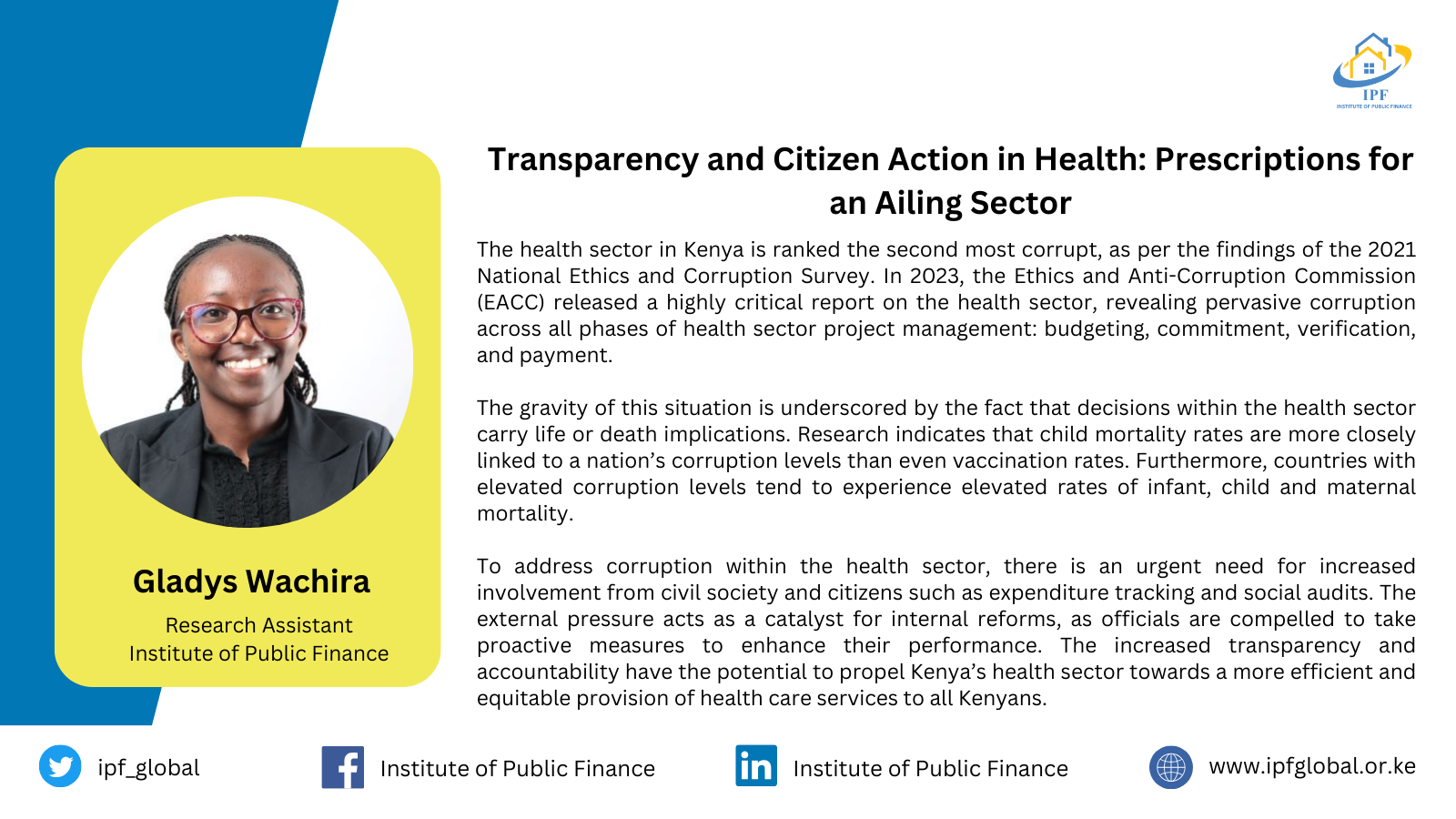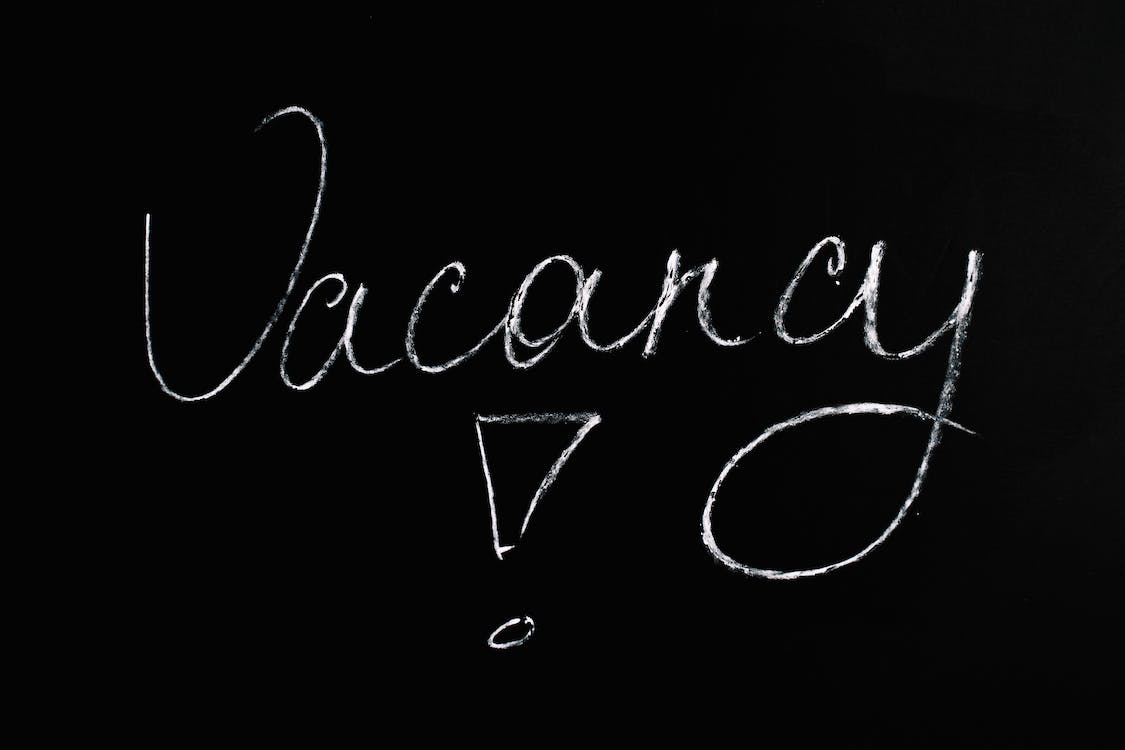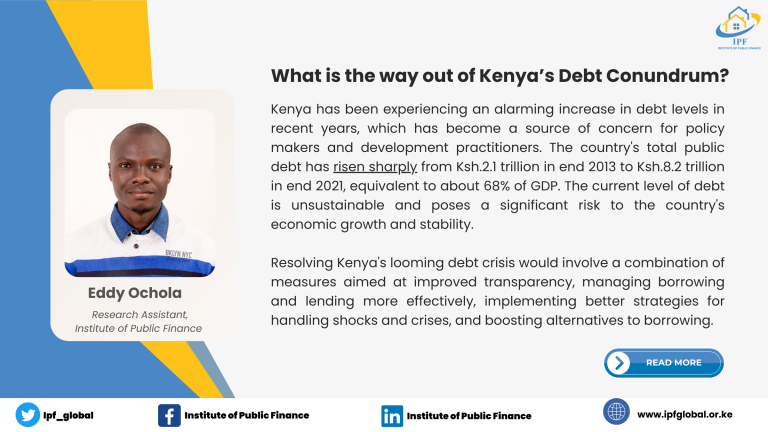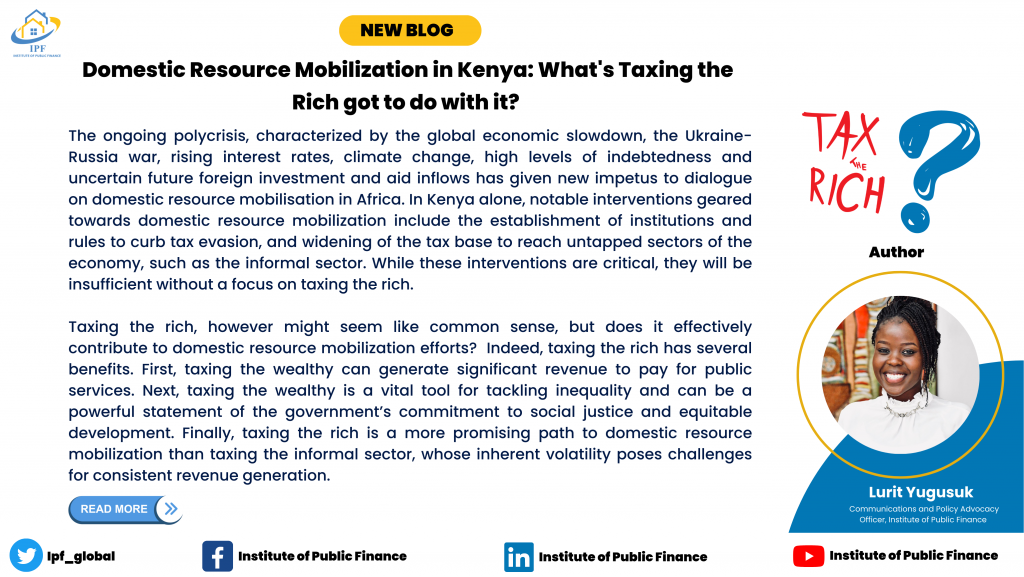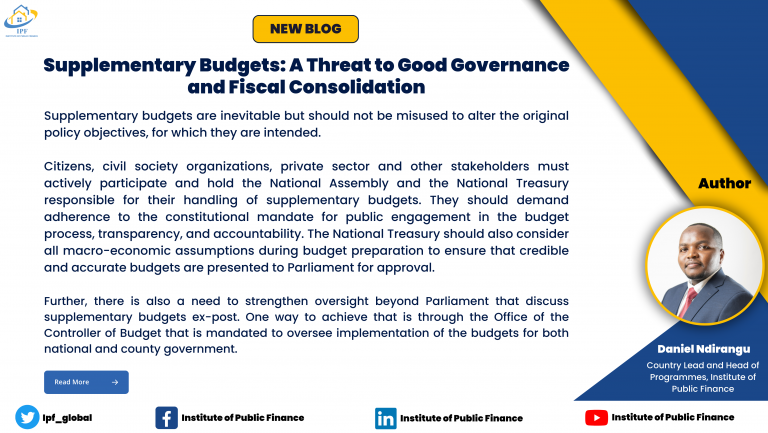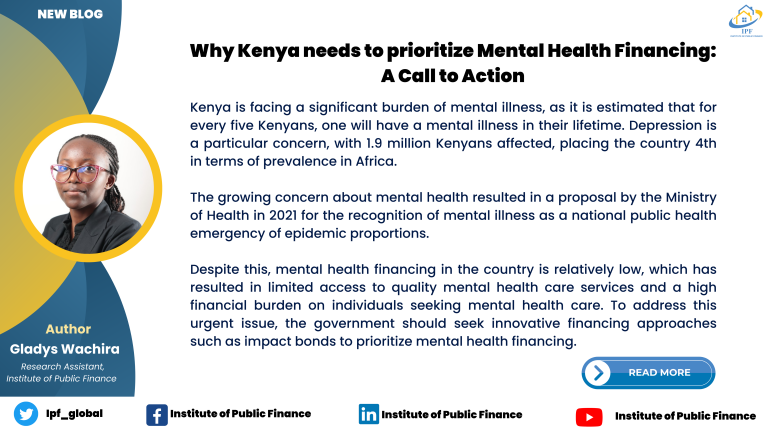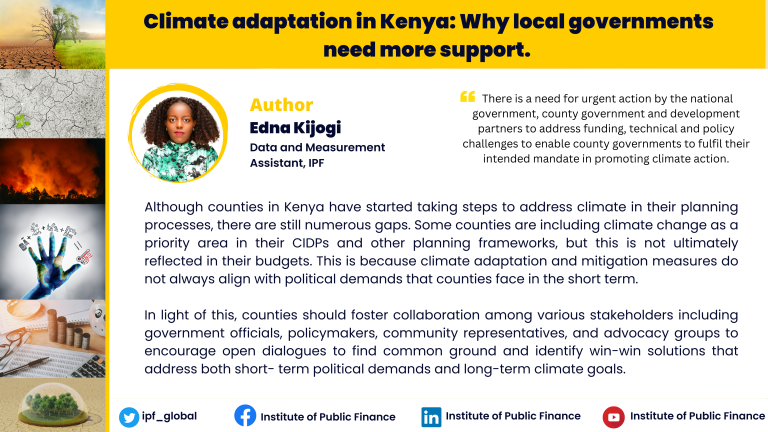The Parliamentary Budget Office (PBO) is a non-partisan professional office of the Parliament of the Republic of Kenya. The primary function of the Office is to provide professional services in respect of budget, finance and economic information to committees of Parliament. PBO released the Budget Watch for 2021/2022 which presents very informative findings on key areas to watch out for.
Among other highlights, the Budget Watch report mentions the following:
-
- 2021/2022 budget facilitation for sustainable and inclusive economic recovery
According to PBO, the 2021/2022 budget is an economic recovery budget that is expected to spur economic activities in the country thereby enhancing growth prospects. Currently, the country is showing signs of economic recovery even as the Covid-19 pandemic wrecks havoc with its adverse effects.
For instance, the education sub-sector which had a massive decline in 2020 has fully resumed duties, as well as the transport and wholesale/retail sectors. However, the accommodation and restaurant sub-sectors are yet to recover due to increase in the social distancing activities as directed by the government.
It is largely expected that increasing the vaccination coverage coupled with implementation of the strategic priorities of the government under “the Big Four agenda” and the “Post covid-19 Economic Recovery Strategy (ERS)” will bring about economic recovery.
-
- Implementation challenges of the Economic Recovery Strategy 2021
ERS 2021 is expected to provide fiscal support to the Kenyan economy. It seeks to enhance investment in key economic sectors including the development of critical road, rail, energy and water infrastructure; agricultural transformation, stimulating tourism recovery as well as sustainable land use and management.
However, the ERS interventions as contained in the policy document have not been clearly linked to the 2021/2022 budget which makes it difficult to monitor implementation. Implementation of the ERS 2021 will define the country’s ability to achieve a sustained and inclusive economic growth trajectory.
2.Covid 19 vaccines procurement, distribution and uptake to ensure proper jumpstart of the economy
Through COVAX facility, Kenya has been allocated 3.56 million doses of which 1.73 million doses of the AstraZeneca-Oxford vaccine had been disbursed to the country as at July 2021. However, only 2.3 percent of adult Kenyans have so far been fully vaccinated – which indicates that only 20 percent have received full doses.
The challenge to the vaccine rollout has been attributed to citizen apathy due to the lack of awareness on vaccine importance and poor public health campaigns on Covid-19 vaccinations by the government. This can be solved through Covid-19 campaigns and enhanced testing and awareness campaign programmes – with a target to engage health specialists.
Additionaly, the report also mentions that Kenya’s public debt stock will continue to increase and with it, increased risk exposure and a reducing fiscal space. The debt stock is projected to reach Ksh. 8.7 trillion in FY 2021/22, due to the forecasted fiscal deficit of Kshs. 1.014 trillion.
Conclusion…
A report by the Institute of Public Finance Kenya analysed Kenya’s Public Debt Profile and recommendations on how the government can improve the country’s debt profile to promote economic recovery. The current economic conditions are unfavourable for maintenance of Kenya’s high debt stock and increasing debt servicing expenditures are likely to result in liquidity constraints that could impact fiscal policy implementation.
Find attached the full report here for more information and in-depth insights.
